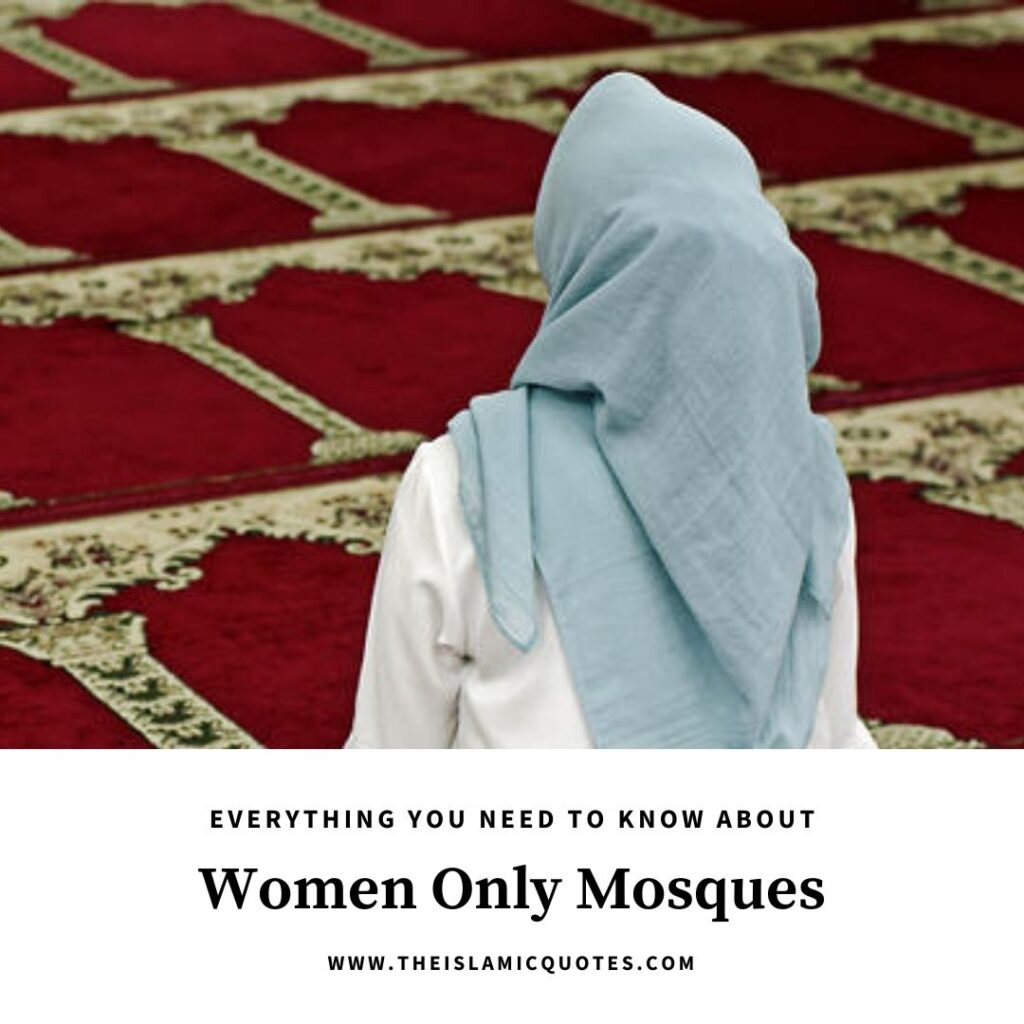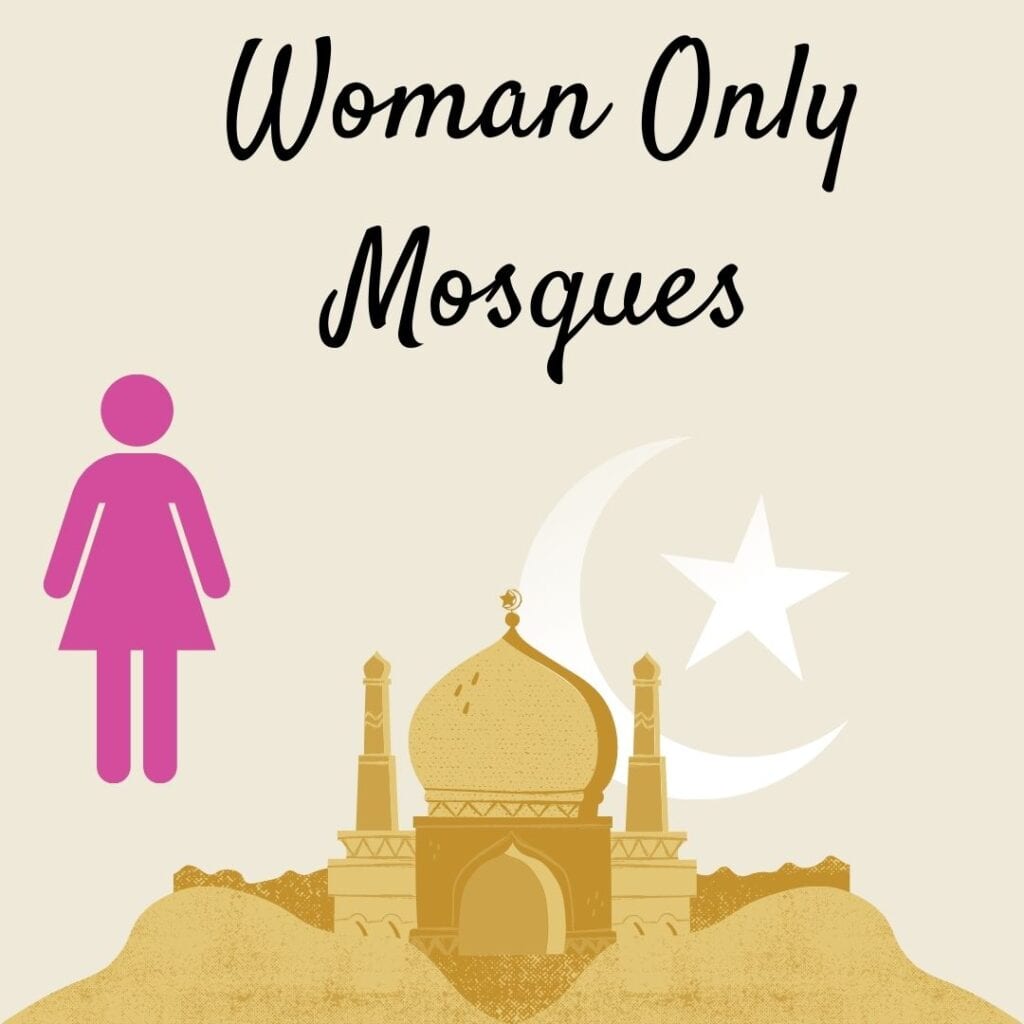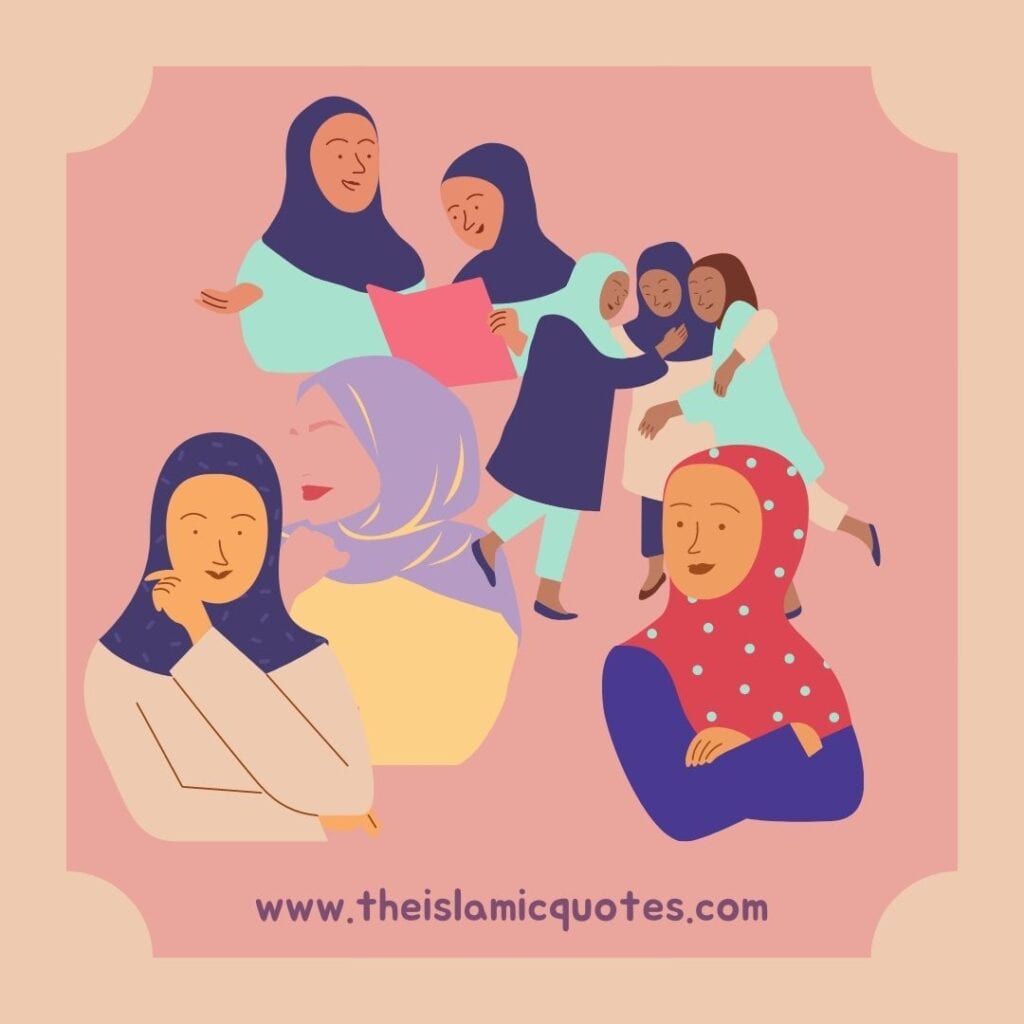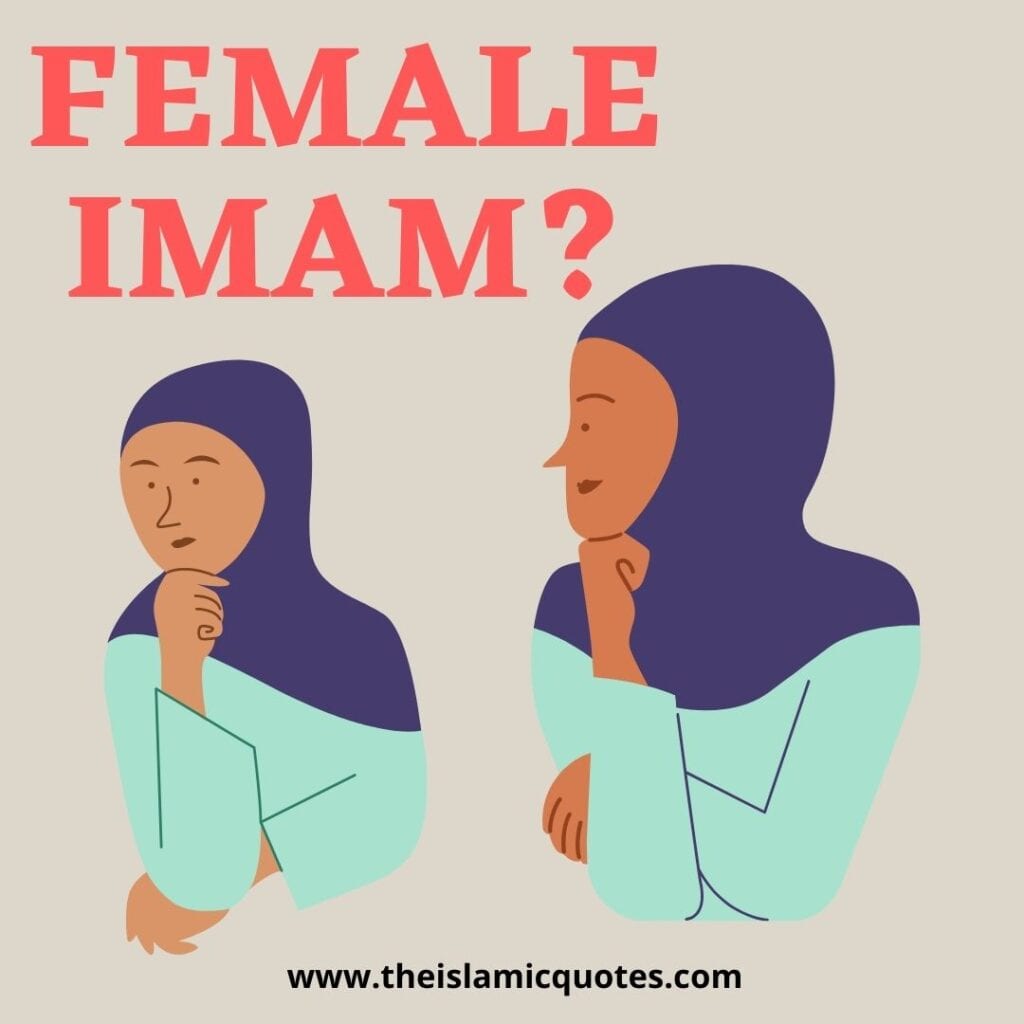Women-only Mosques: Women have usually been pushed towards being a spectator in their religion and way of life. Comments on patriarchy, feminism, and gender bias aside, this non-inclusive treatment is much more apparent when it comes to whether women should pray in mosques.
A small, cramped and miserly room is sometimes reserved for women, representing the expectations connected with women praying in mosques. No one expects them to pray in mosques and sometimes it is actively discouraged. At times by male members of society and often by other women who comply with the tradition of praying at homes.
Can women go to mosques?
Many women, including children, feel unwelcome in mosques. Indeed, praying at mosques is not obligatory for women, but prohibiting them contradicts Islam’s teachings.

The reason for not making it obligatory for women to pray in mosques is to make deen easier. She may have other responsibilities at home. And traveling may not be safe for them. However, It is not at all undesirable or impermissible for her to pray at the mosque.

The hadith that is cited the most when addressing this issue was of the instance when the Prophet Muhammad PBUH told a woman that prayer in her home is better than prayer in the mosque.

This hadith is misinterpreted as the Prophet Muhammad PBUH did not forbid women to come to mosques, whereas he did forbid men from discouraging women from coming to mosques. It is also from the Sunnah that women used to pray behind men in the same prayer area and listen to the Prophet’s PBUH khutbah. And he was very mindful of mothers who would worry for their crying children. In which case, he would shorten the prayer.
Women only mosques in the history of Islam
Women-only mosques are a 300-year-old tradition of Chinese Muslims who have female Imams, referred to as along, that lead the prayer and teach the basics of the religion to women of all ages. These institutions are a result of the understanding and acknowledgment that there is great potential in making women more involved and integrated with religious affairs.
These are part of an Islamic resurgence in central China and different from the practices of Uighur Muslims in Xi Jiang who follow the more mainstream Central Asian Sunni customs and traditions. Women mosques were a part of the revival of Chinese Islam in the 17th and 18th centuries of the Hui people. It was from the need to preserve the Chinese Islamic community and way of life and educate women.
This reformation effort has now become a feminist issue. Many places and cities have now started adopting the idea of women-only mosques in places like Amsterdam, Los Angeles, Berlin, e.t.c. The Muslim Women’s council in the UK argued for an entire woman-led mosque. Ideas of women-led have not been met with much warmth, especially in Asian and Middle-Eastern communities.
I also recommend that you 50 Best Islamic Quotes on Women and Status in Islam.
Why do we need women-only mosques?

Female Islamic scholarship has forever been in decline. A big reason for that would be in how the traditional mosque space has been conducted and convened along with their long-standing customs, which have been very discouraging for women.
Male imams have not been the best way, to say it lightly, at communicating the religion to young women or even boys for that matter with incidents of rape, sexual assault, and harassment that young children are subjected to in male lead madrasas.
Women, in general, do not have a safe space to discuss and learn the religion, especially in rural or tribal areas. The only access to religious teachings is through their parents or their husbands. They are deprived of independent research and connecting with religion on their own. Women-only mosques would provide that safe space for women of all ages and serve as an educational institution for young children as well.
For more inspiration, do learn about these Most Influential Women in Islamic History.
Can males and females pray together?
According to many Islamic scholars, it not permissible for non-mahram men women to be in the same room even for prayer. They also, therefore, advise women against coming to the mosque. Females are advised to pray behind men or in a different room or compartment by segregation.

Can we have a female Imam?

It is a common understanding among scholars that women are permitted to lead other women in prayer, but the prayer of men behind a female Imam is invalid.
From the above hadith, it is understood that the best place for women in congregational prayers is behind men and not in front, and as prayers are lead from the front, it can be understood that it is not permissible or least undesirable to lead the prayer.
Conclusion
Connecting women and mosques is the need of time as it will serve as a necessary foundation for the Islamic community and households. Children gain knowledge of religion primarily from their parents and then, first and foremost, from their mothers. When women frequently visit the mosque, their children learn from them and pick up on these positive habits.






